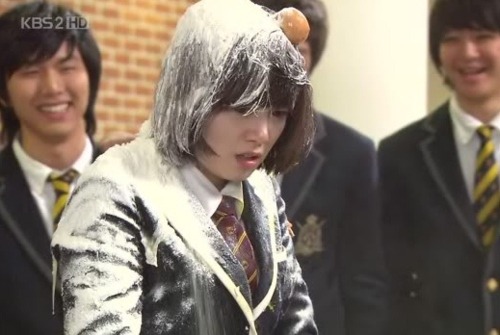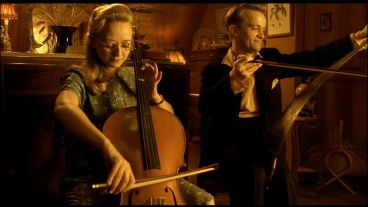“She appeared to be one of those kind of little chicks between — could be any age up to 25. She did not look like a 13-year-old scared little thing.”
That was what actress, Anjelica Huston said in the defence of her friend, director Roman Polanski, who was convicted in 1977 for raping a 13 year old girl in Los Angeles. That was only one of the many excuses given since Polanski was declared a fugitive when he escaped from the States after his conviction.
The victim had repeatedly said no to his sexual advances, but like many people of power, he ignored her wishes. Even now, his work continues to be celebrated. His 2002 film, the Pianist, has won numerous BAFTA's and Oscar's. In 2009, several Hollywood elites such as Steven Speilberg and Woody Allen have petitioned for his release from a Swiss jail.
So, what does it say for mass media when directors like Polanski remain as a Hollywood power player?
Victim blaming plays a massive role in normalizing rape culture, and the stereotypical portrayal of women in the media is worsening the situation.
Most advertisements, tv shows, movies, and books desensitize and stimulate the audience towards the sexual objectification of women.
- A Dolce & Gabbana ad campaign glamorizing gang rape.
- Edward Cullen, hero of the Twilight series, is extremely possessive towards his love interest, Bella Swan. Some examples include entering her room without her permission, and disabling her car to prevent her from meeting her friends. It doesn't help either that the author romanticizes these actions instead of cautioning against them.
- Popular korean drama "Boys over Flowers" has the rich and handsome lead ordering his classmates to sexually harass and bully the heroine. Logically of course, they wind up as a couple by the end of the series.
- American Psycho's Patrick Bateman and his friends discuss their definition of a "hardbody":
- GQ's cover story on 'Glee.'
As the media continues to cultivate these shallow perceptions of women, public service announcement ads such as the one posted above are crucial to counter those misogynistic ideals.
There's even a documentary discussing the impact of these issues. In 2011, Miss Representation premiered at the Sundance Film Festival. Directed by Jennifer Siebel Newsom,it aims to spread awareness of the under-representation of women in media.





